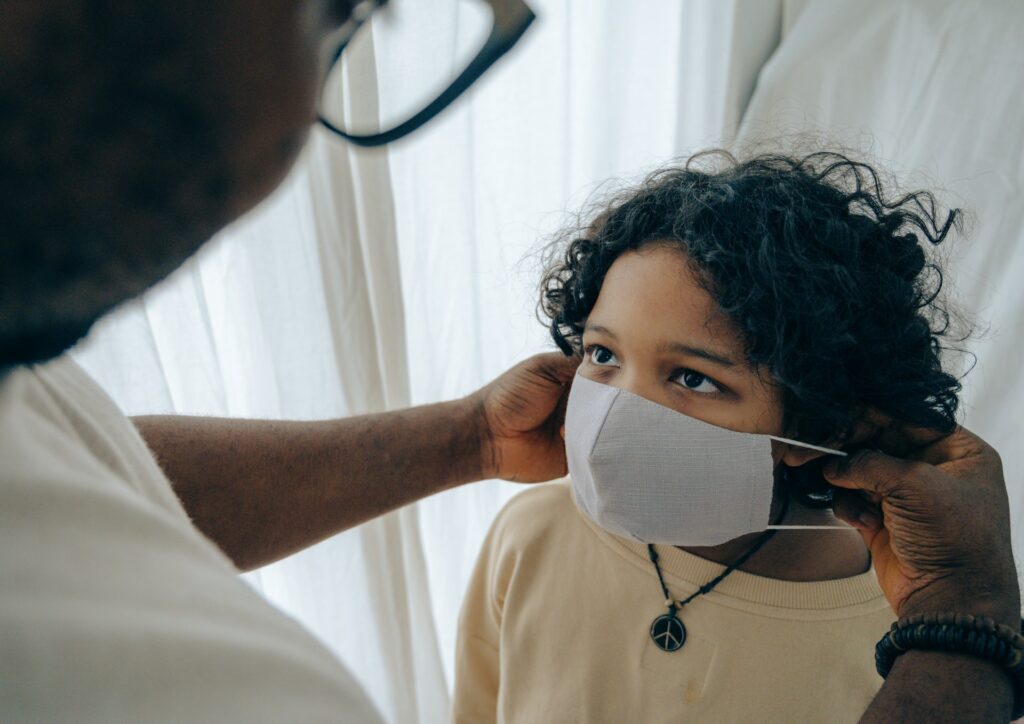The negative impacts caused by the Covid-19 pandemic will have long-lasting effects on the Brazilian educational system and, therefore, will have an inestimable impact on society for generations to come.
It is undeniable that the pandemic posed significant challenges to the south American country, which was just coming out of a political and economic turmoil that lasted for almost a decade. Although public education had already given poor results in the years previous to 2020, the remote learning and poor conditions of schools, teachers, and the educational system pushed the levels of lack of primary education rapidly to the edge. Due to restrictive measures, schools had to shut doors throughout Brazil – as in many other countries – for a very long period as one of the measures to contain the disease. Teaching online required a series of adjustments that could not happen overnight. Considering that more than 30% of homes in Brazil do not have access to the internet, which is essential for remote learning – it was impossible to offer excellent and equal education to all students. Apart from the internet issue, there were many cases of students that followed classes through their parent’s smartphones when available.

Remote learning highlighted, even more, the inequality in access to resources, tools and means to get a good education in Brazil. Causing a more significant deficit than we already knew among students in public and private school.
According to the World Bank, 2 out of 3 children may not learn how to read and write properly this year. This study came out in March of 2021, and it analyzed the impact of the pandemic on different educational systems throughout the Latin American region.

Another point issued by the World Bank is a rise to 70% of 10 years old students who are unable to read and understand simple texts. By analyzing these numbers, we find that the loss corresponds to 1.3 years of schooling, which means that a student would have competence and knowledge of more than one grade behind what corresponds to his or her age. Predictions have highlighted that a student can be 1.7 years ‘behind at this paste, which actually corresponds to their age.
This is a crisis with unpredictable outcomes for decades to come. The pandemic put the educational inequality in a magnifying glass for the whole world to see. Those who ‘could not be seen’ or that we did not want to see are now the majority. Now we are paying attention to the numbers that estimate the precarity of Brazilian education and acknowledging the urgency for a more equal and fair system.
Ti potrebbe interessare anche: Garante infanzia dell’Umbria: “Con il Ddl Zan anche sesso con cose o animali”